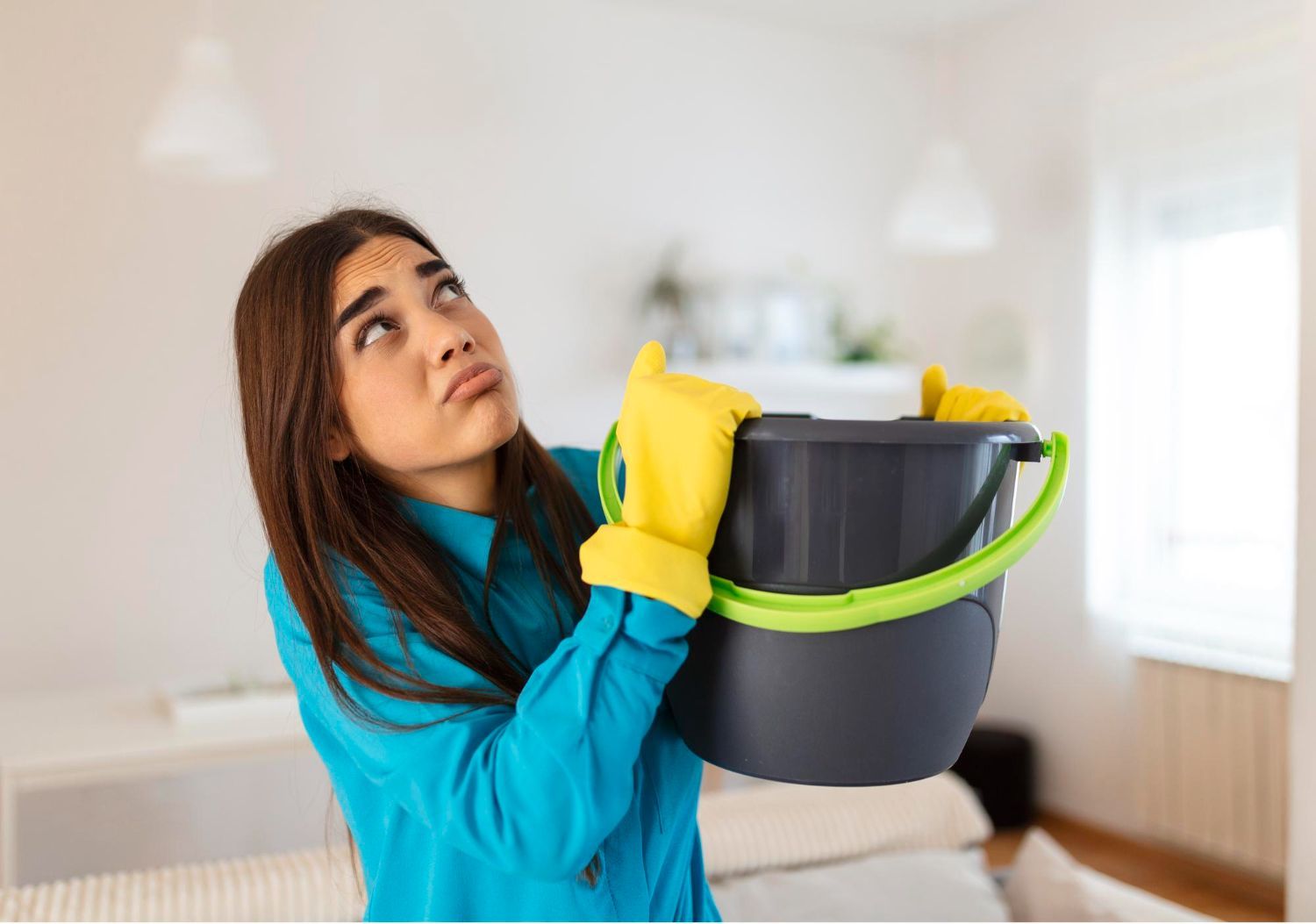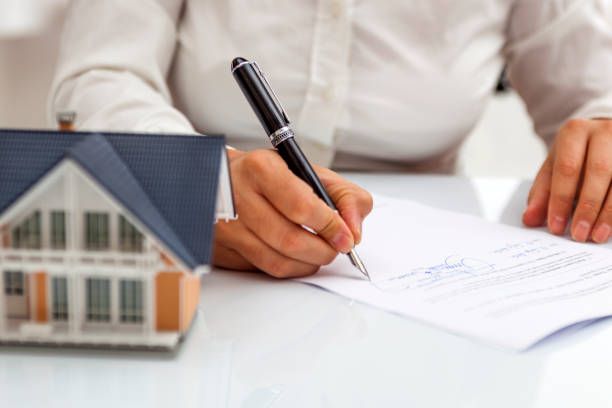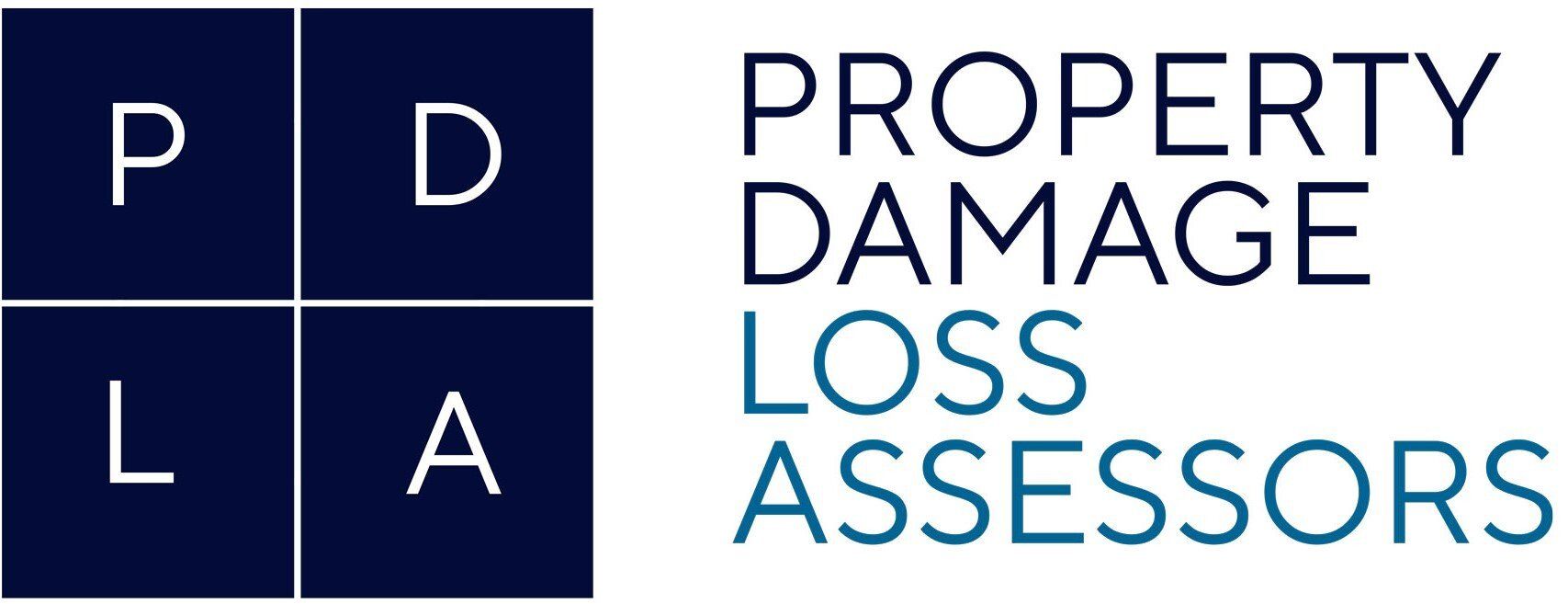Water Damage Emergency Preparedness: Advice for Homeowners
Water damage emergencies can occur suddenly and cause significant damage to your property. As a homeowner, being prepared and knowing how to respond promptly can make a crucial difference in minimising losses and ensuring your safety. In this blog post, we will provide you with essential advice and tips to help you handle water damage emergencies effectively. By following these guidelines, you can protect your home and belongings, and mitigate the impact of water damage. Property Damage Loss Assessors, we can assist you with professional advice and support when claiming on your home insurance.
Safety First:
In any water damage emergency, prioritise your safety and the safety of your family. If the water damage is severe or poses a risk to your well-being, evacuate the premises immediately and seek shelter in a safe location. Avoid coming into contact with standing water if it may be contaminated or if there is a risk of electrical hazards. You may need to call a local tradesmen for professional assistance.
Stop the Water Source:
If it is safe to do so, identify and stop the source of the water intrusion. Shut off the main water supply or individual water valves to prevent further water damage. This step is crucial in halting the flow of water and minimising the extent of the damage. You may have to call a plumber.
Document the Damage:
Take photographs or videos of the water damage, capturing the affected areas and any damaged items. This documentation will serve as valuable evidence for insurance claims and can help support your case during the recovery process. Make detailed notes describing the extent of the damage, including any visible signs and areas of concern. You can also ask a professional loss assessor to document this damage.
Contact Professionals for Assistance:
Water damage restoration requires specialised knowledge and equipment. Contact a building contracting company to assess the situation and begin the necessary mitigation and restoration work. These building professionals have the expertise to extract standing water, dry out affected areas, and prevent further damage such as mould growth.
Notify Your Insurance Company:
Contact your insurance company as soon as possible to report the water damage. Provide them with accurate and detailed information about the incident, including the cause of the damage, extent of the damage, and any emergency measures taken. Follow their instructions regarding documentation and the claims process. A loss assessor will also be very helpful at this stage.
Salvage Valuables and Prevent Further Damage:
If it is safe to do so, remove valuable items, furniture, and personal belongings from the affected area to prevent further damage. Be cautious with wet or damaged electrical appliances and equipment to avoid potential hazards. Use tarps or plastic covers to protect unaffected areas from water seepage.
Document Expenses and Keep Records:
Keep track of all expenses related to the water damage, including emergency repairs, temporary accommodations, and replacement costs for damaged items. Retain all receipts and invoices as evidence for insurance claims. Maintain a record of all communication with professionals and insurance representatives for reference.
Practise Preventive Measures:
After the initial water damage emergency has been addressed, take preventive measures to avoid future incidents. Regularly inspect and maintain plumbing systems, roofs, and gutters. Install water detection devices and alarms to alert you to potential leaks or water intrusions.
Property Damage Loss Assessors in Ireland
By following these essential tips, you can effectively respond to water damage emergencies and protect your property. Remember, your safety is paramount, so exercise caution and seek professional assistance when necessary. Being prepared and acting promptly can make a significant difference in minimising the impact of water damage and ensuring a smoother recovery process. PDLA is equipped to assess and assist with property damage claims. As a qualified Quantity Surveyor, our team ensures that you maximise the compensation to cover all damage caused by the water damage.
Navigating Storm Damage Claims on Your Irish Property




